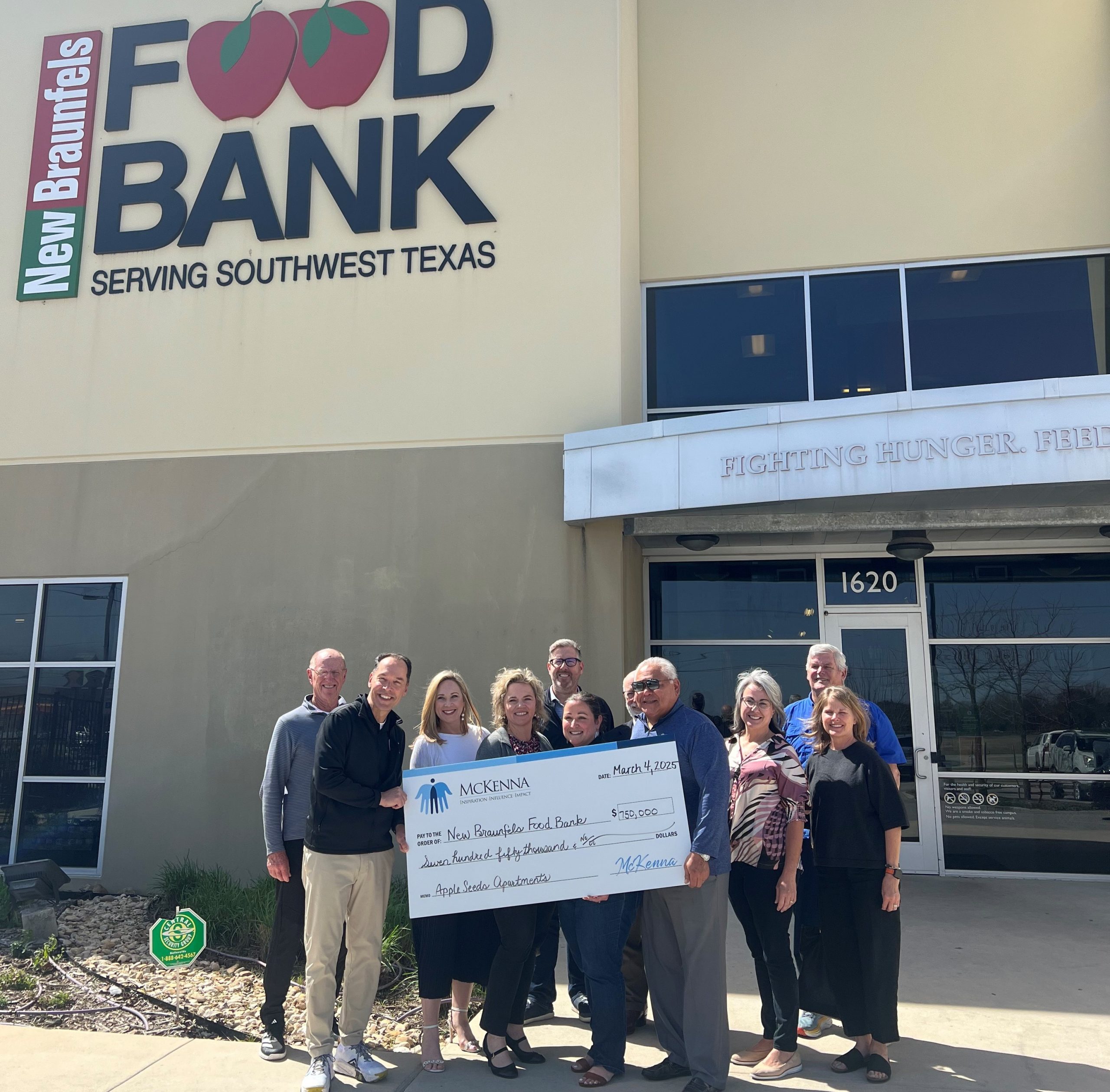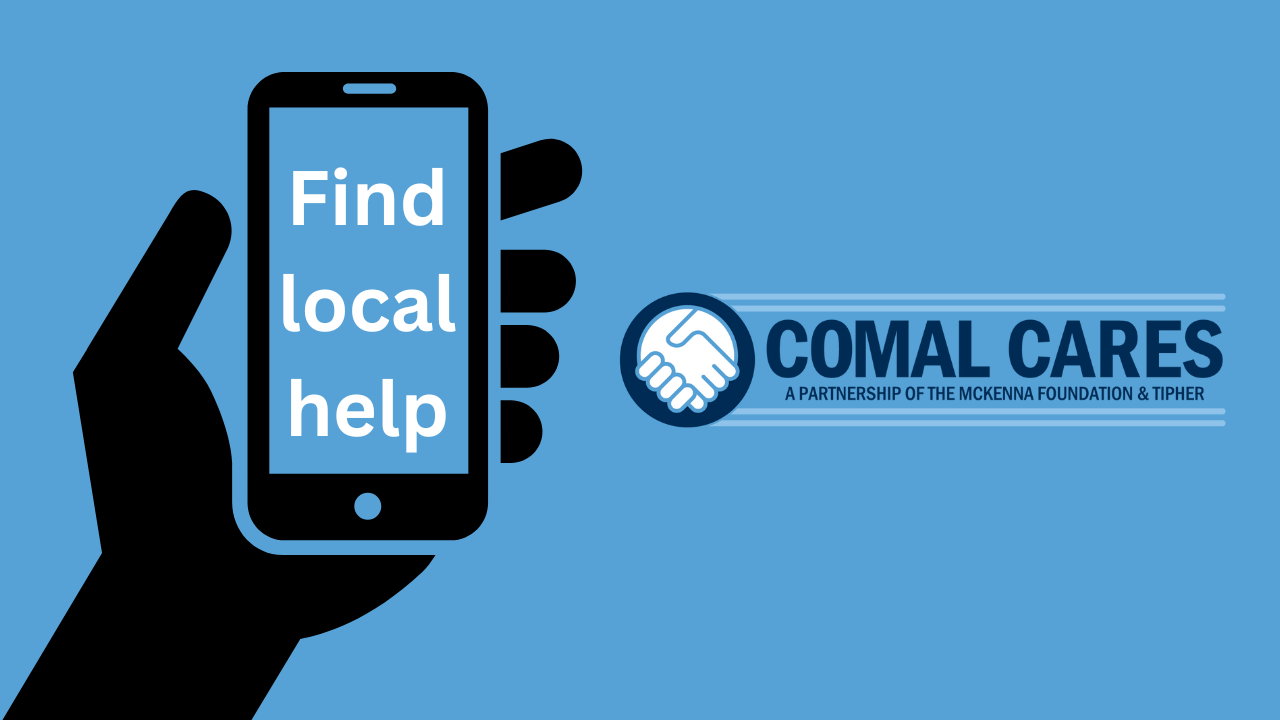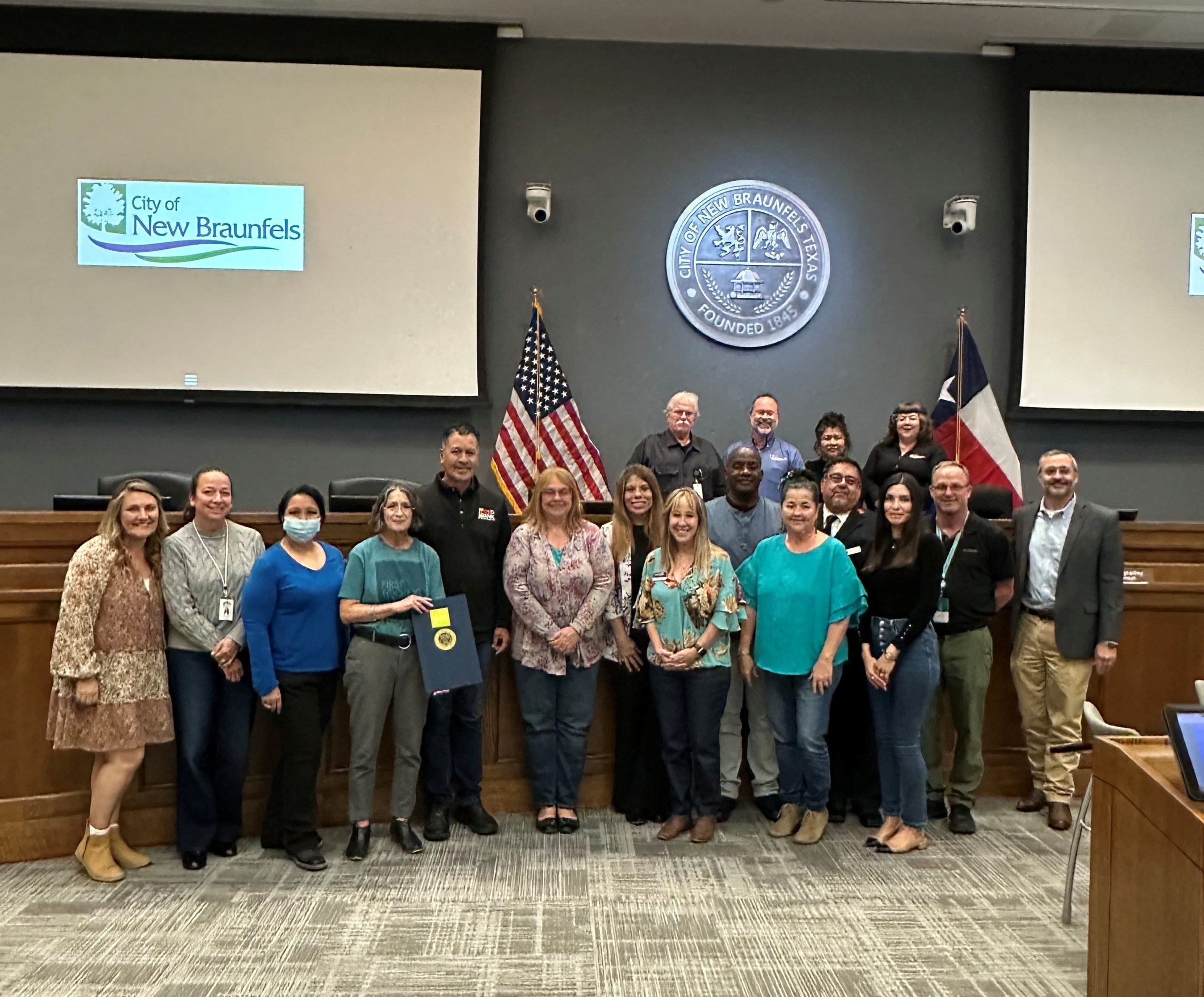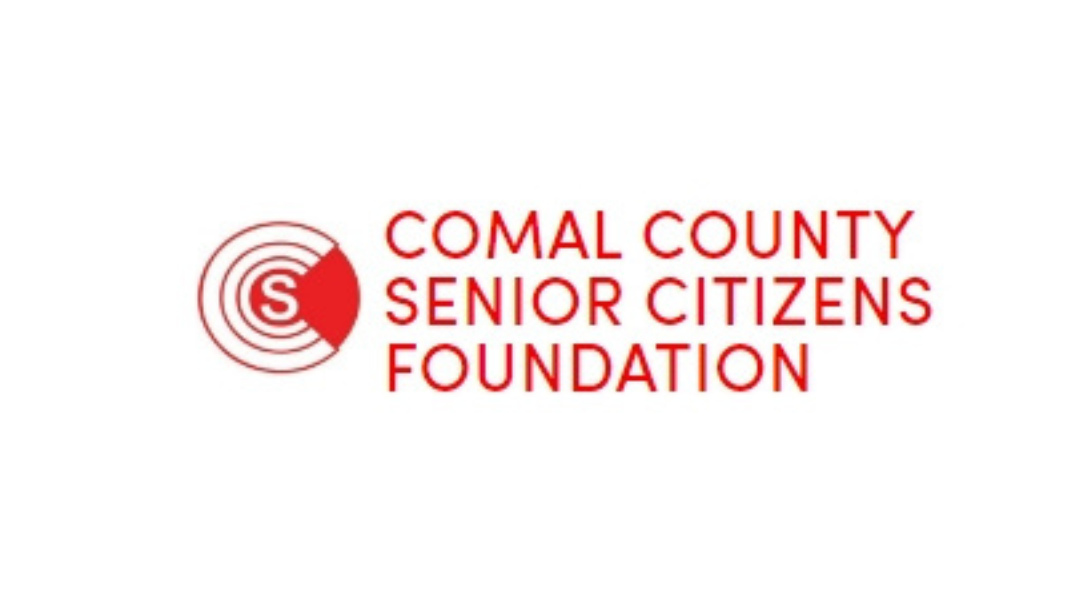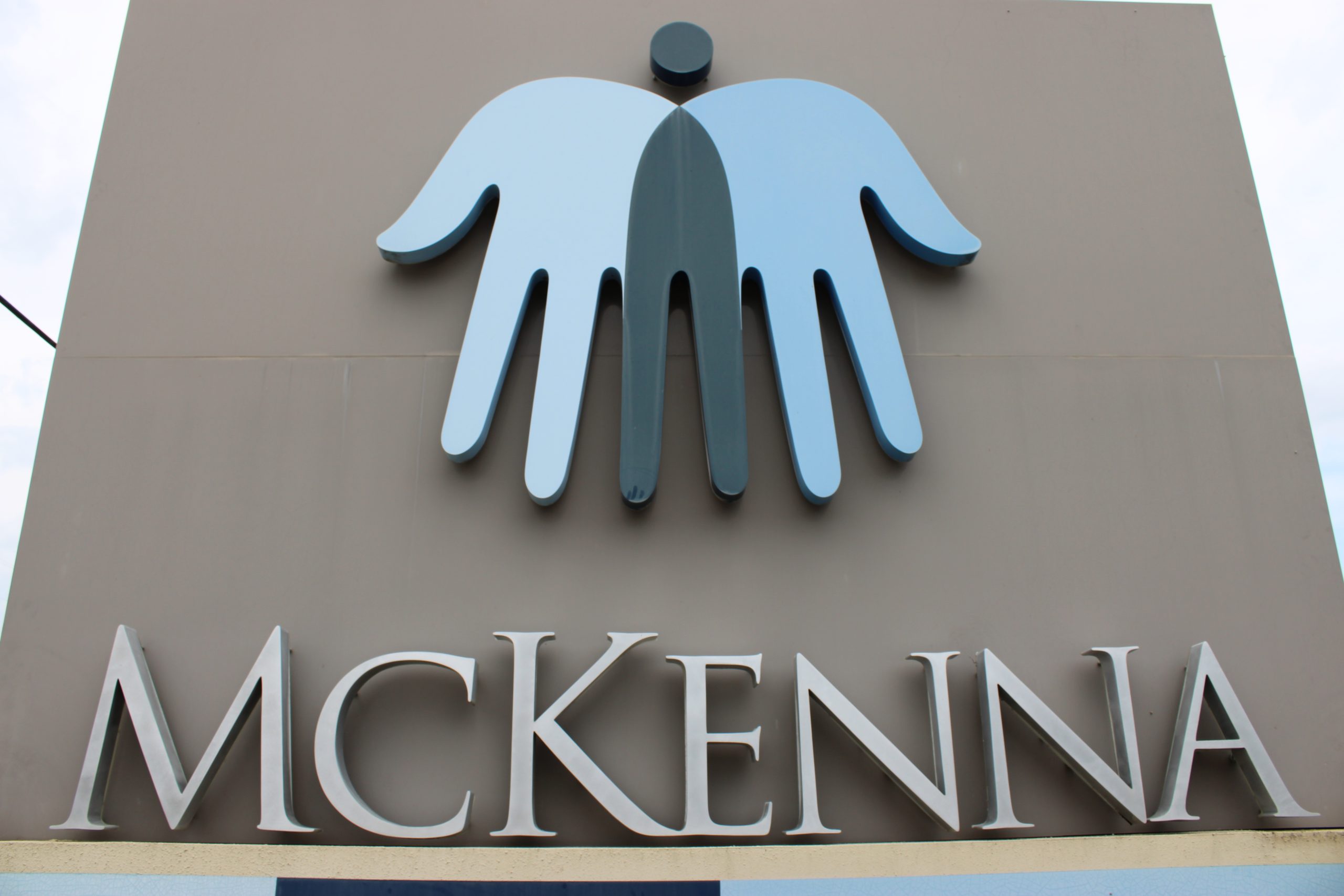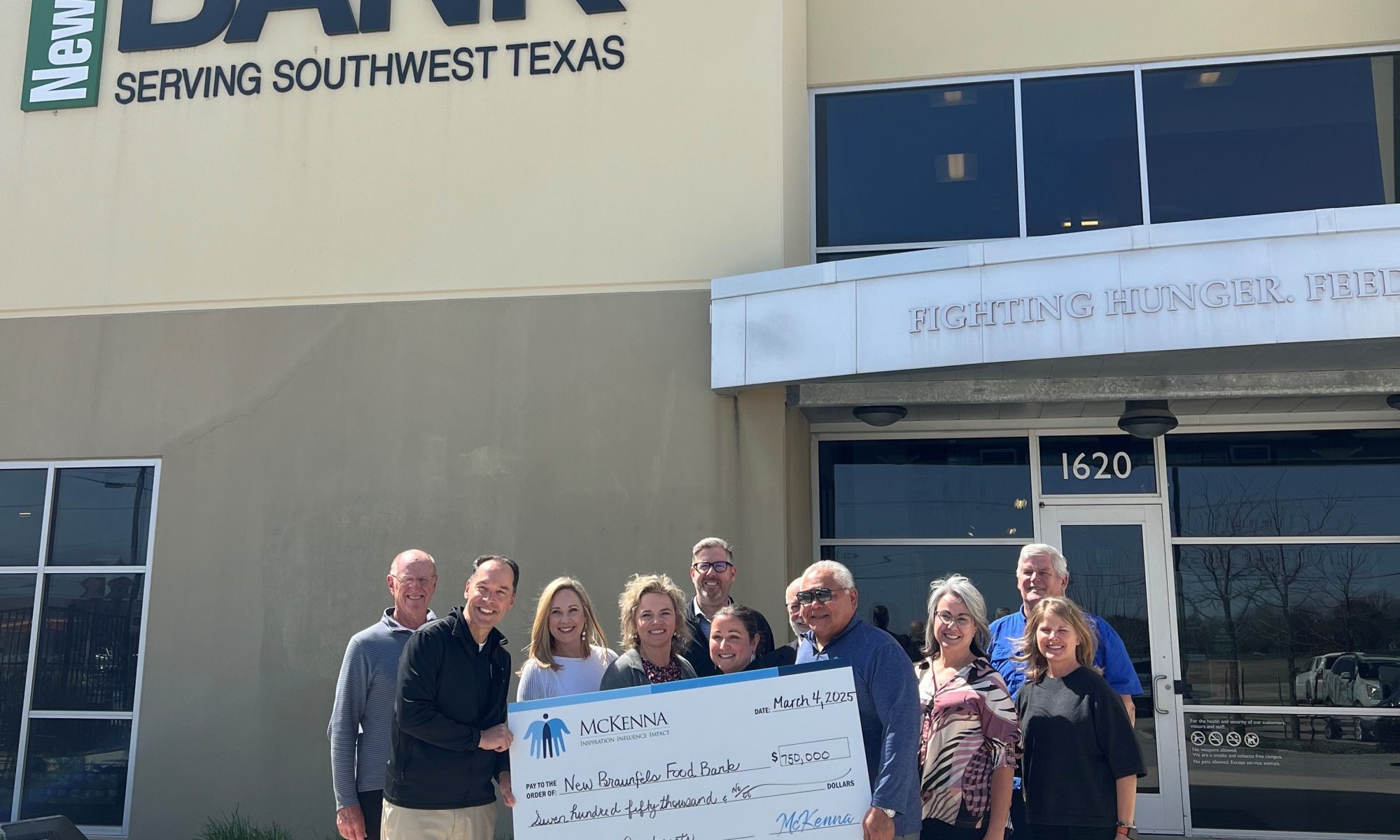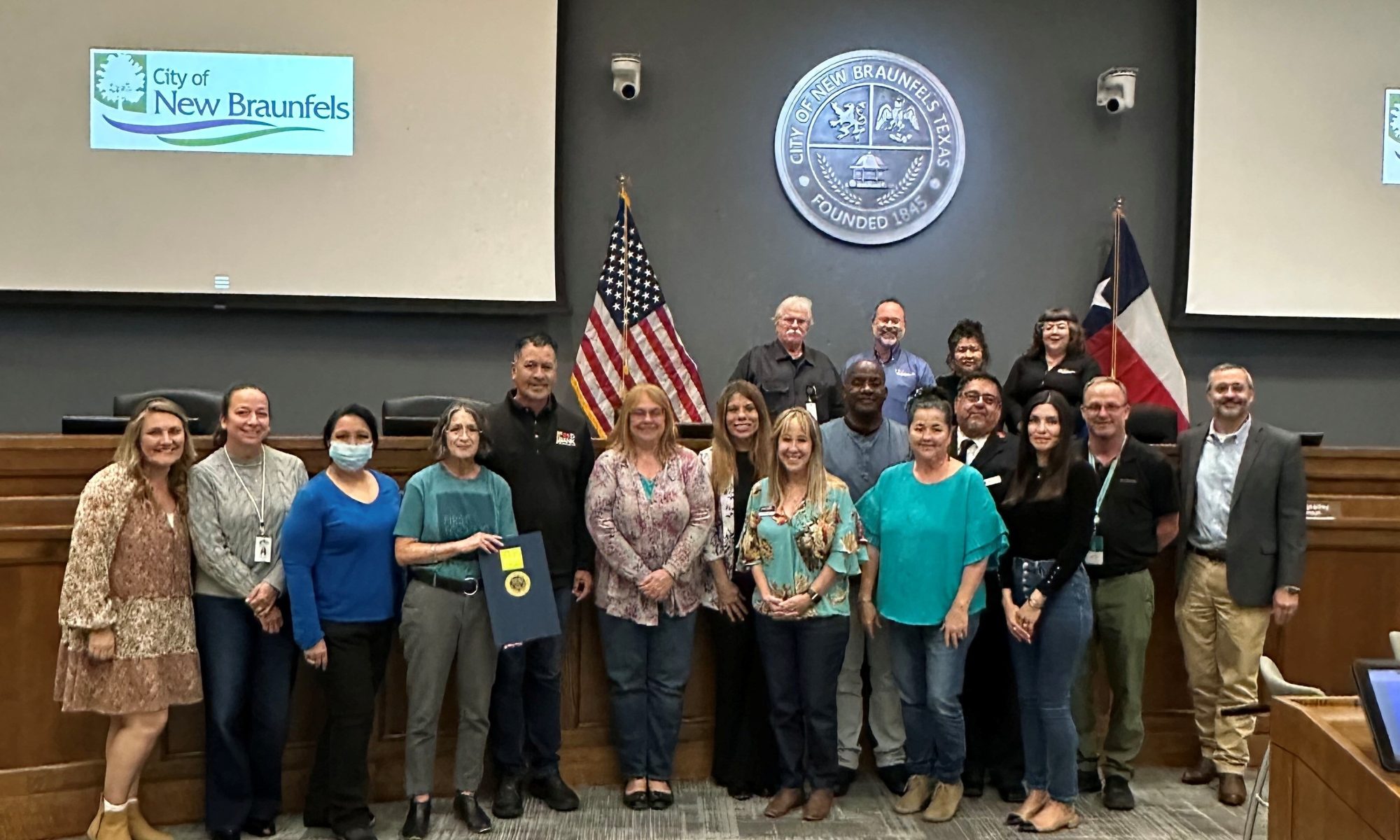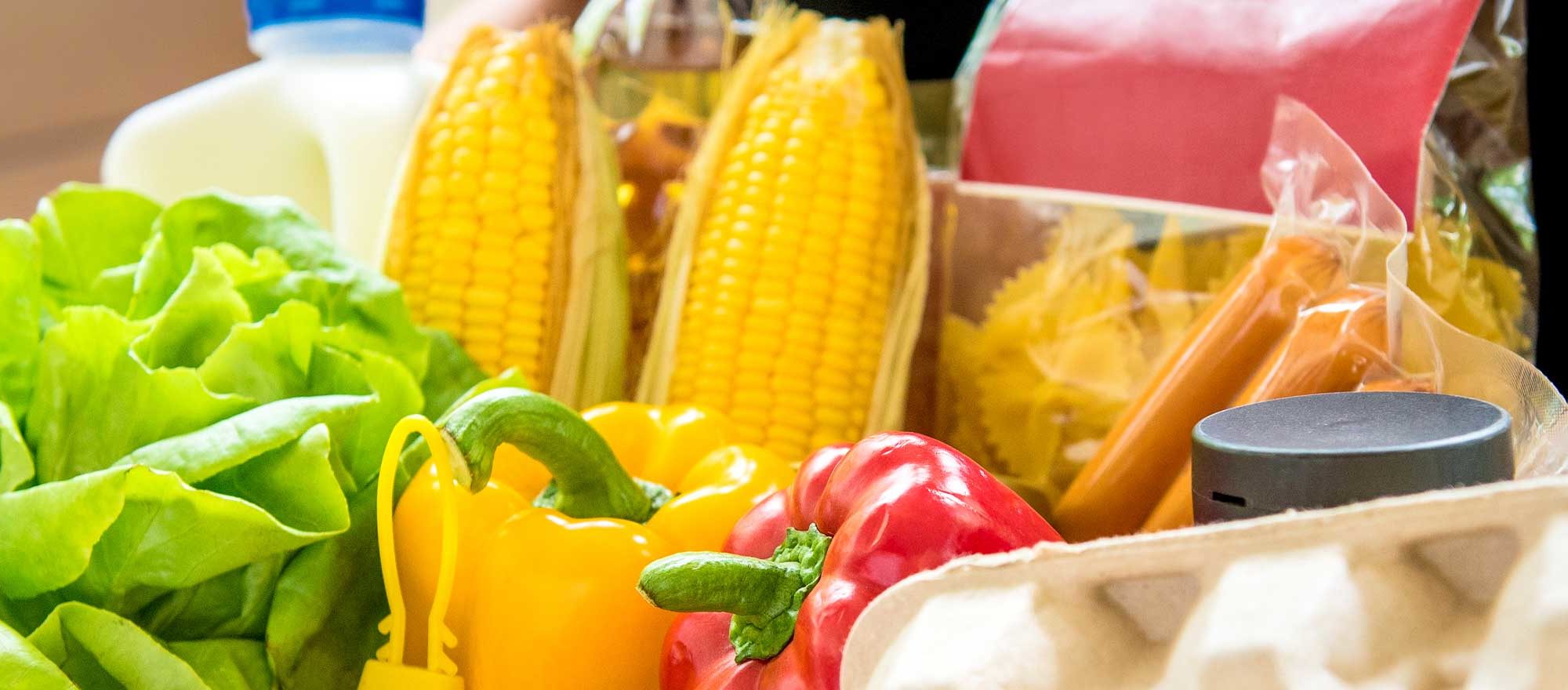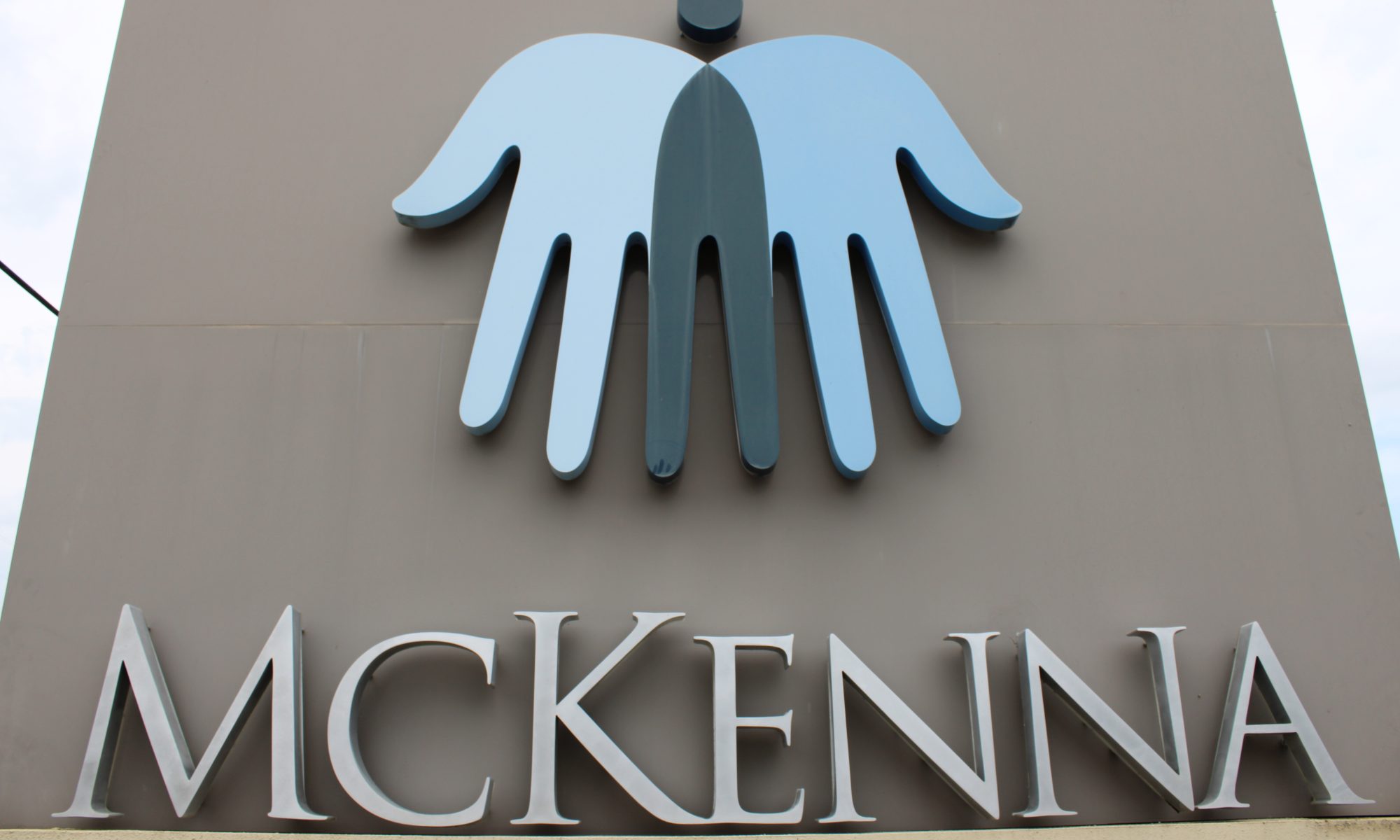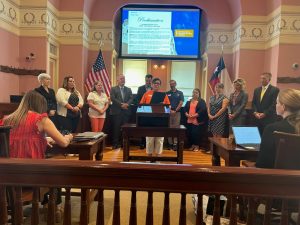For over 40 years, the Comal County Senior Citizens Foundation (CCSCF) has been dedicated to serving the seniors of New Braunfels and Comal County. However, in the face of rising food costs, reduced funding, and increasing demand, the CCSCF and the Choose Kindness Campaign are asking the community to step forward and take action.
At the heart of the CCSCF’s mission is their home-delivered meals program, a lifeline for seniors who rely on it for nourishment and connection. Over 76,000 meals are delivered annually to more than 570 local seniors. These meals not only provide nutrition, but they also serve as a promise that our neighbors are not forgotten. Yet, financial challenges threaten the continuation of this critical program.
Food insecurity is a growing crisis in Comal County, affecting nearly 14% of the population, including homebound seniors who depend on home-delivered meals. With a 57% decrease in federal funding, CCSCF must cover that shortfall. That is why, alongside the McKenna Foundation’s Choose Kindness Campaign, CCSCF is calling on the public to come together and ensure our seniors can continue to thrive.
One powerful way to make a difference is by joining CCSCF for its inaugural Sizzlin’ for Seniors BBQ Bash, an evening of good food, great music, and community support.
Sizzlin’ for Seniors BBQ Bash takes place on Friday, June 6, from 5:00 PM to 9:00 PM at the CCSCF (710 Landa Street). Tickets are available now at www.nbsenior.org.
At the event, guests will enjoy delicious BBQ from Smokey Moe’s, live music by Texas Tide Band, and exciting raffles and auctions featuring prizes from Ernesto’s, Granzin’s, Texas Tubes, Tito’s Handmade Vodka, and more.
Supporting the CCSCF doesn’t stop there, the Choose Kindness Campaign will also be recognizing a special individual who goes above and beyond in their efforts to help our local seniors.
Between June 16 and June 30, the CCSCF and McKenna’s Choose Kindness Campaign will track volunteer hours and donations, selecting an individual to be spotlighted on the Brauntex Theatre marquee, awarded with a $50 Café 46 gift card, and further honored through social media.
Whether it’s volunteering at the 7Ten Activity Center, delivering meals through CCSCF, assisting with lunch service, or making a generous donation, every effort makes a difference.
Choose Kindness today and join CCSCF in making a meaningful difference in the lives of seniors in Comal County. Together, we can ensure no senior goes without a meal or the support they deserve.


